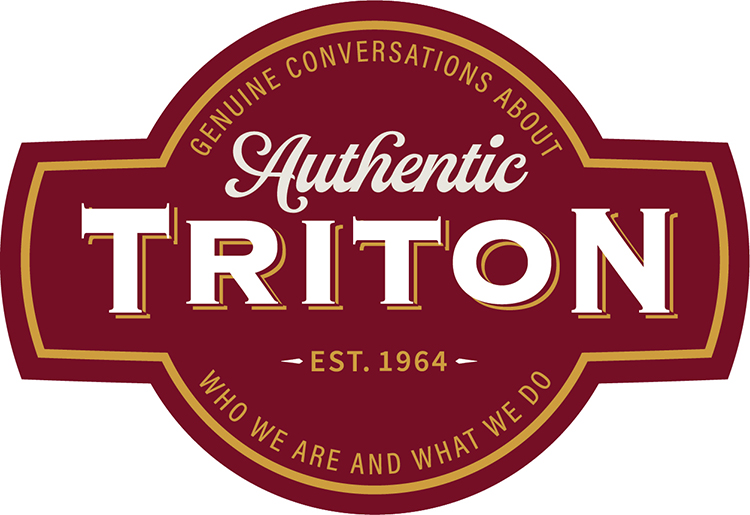Authentic Triton

Authentic Triton was established through the development of our Strategic Plan, goal two, designed to strengthen cross-departmental communication through dialogue and reflection. With input and support from our Triton College employees, the committee developed a survey to identify opportunities to enhance communication between departments across campus.
The survey results highlighted an opportunity to facilitate gatherings around campus with intentions to foster interdepartmental collaboration, enhance communication, and celebrate departmental successes. As a result, once a month, different departments on campus will host an “Authentic Triton” Open House from 11:30 a.m. to 1:00 p.m., providing employees the opportunity to visit, learn about each department’s offerings, and meet the dedicated teams behind the work.
For more information on hosting an Authentic Triton Open House, please contact Associate Vice President of Business Services, Colleen Rockafellow- Action Plan Leader at colleenrockafellow@triton.edu
Please RSVP for the upcoming Authentic Triton Open House to stay engaged and connected.
